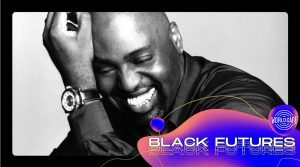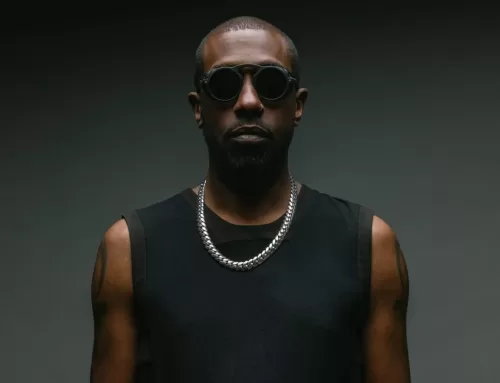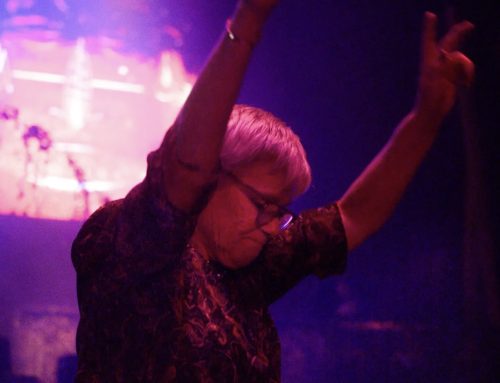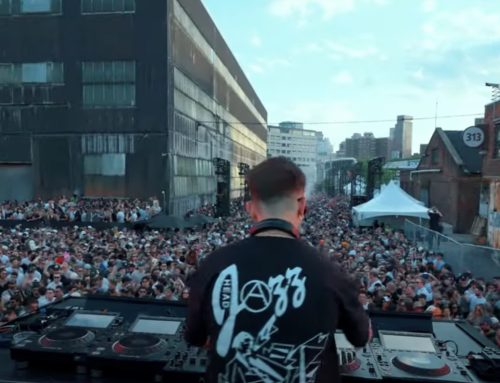
Known as The Godfather of House Music, Frankie Knuckles helped revolutionize electronic music in the ’80s. – The Frankie Knuckles Foundation
If the grandeur of disco reigned supreme in the ’70s, the following decade belonged to the homespun productions of rogue DJs.
“In the ’80s, you got the introduction of relatively affordable music-making equipment,” says World Cafe correspondent John Morrison. “You had programmable drum machines. Synthesizers were scaled down in size and price, and you had the explosion of multitrack cassette recorders. So now musicians could build small production studios at home and make records for cheap.”
As part of our weekly series exploring dance and electronic music for Black History Month, Morrison parachutes us into the unlikely center of dance music in the ’80s: the Midwest, where a new subgenre of dance music got its start.
It all began in 1977 at a gay nightclub in Chicago called The Warehouse.
“[Frankie Knuckles] started his residency at the club,” Morrison says. “Of course, people in Chicago were already familiar with disco. They already had their own club scene, but there was something about the energy that Frankie brought to Chicago that influenced generations of local DJs who would see him play. They’d go on to create what we know to be house music.”
As the ’80s roared on, more DJs started creating their own homegrown version of this new sound; Chicagoans like Jesse Saunders, Ron Hardy, Larry Heard and Marshall Jefferson all helped pioneer house music.
“They really established Chicago as the new center of gravity for Black dance music throughout the ’80s,” Morrison says.
Not too far from the Windy City, another story was unfolding in Detroit, where a trio of teenagers living in Belleville, a suburb outside of the city, were experimenting with cheap music equipment.
The DIY productions of Juan Atkins, Derrick May and Kevin Saunderson would become the foundation of the Detroit techno subgenre.
“The three of them are affectionately known as The Belleville Three, and you can really trace techno and everything that came after it from these three individuals,” Morrison says. “They were obviously influenced by Black American dance music, disco, Parliament, Funkadelic — but they were also obsessed with European electronic music; Kraftwerk, in particular.”
As always, this segment is best heard, so tune in on the audio player above. And make sure to check out the assortment of early house and techno tracks in the playlist below:





Leave A Comment
You must be logged in to post a comment.